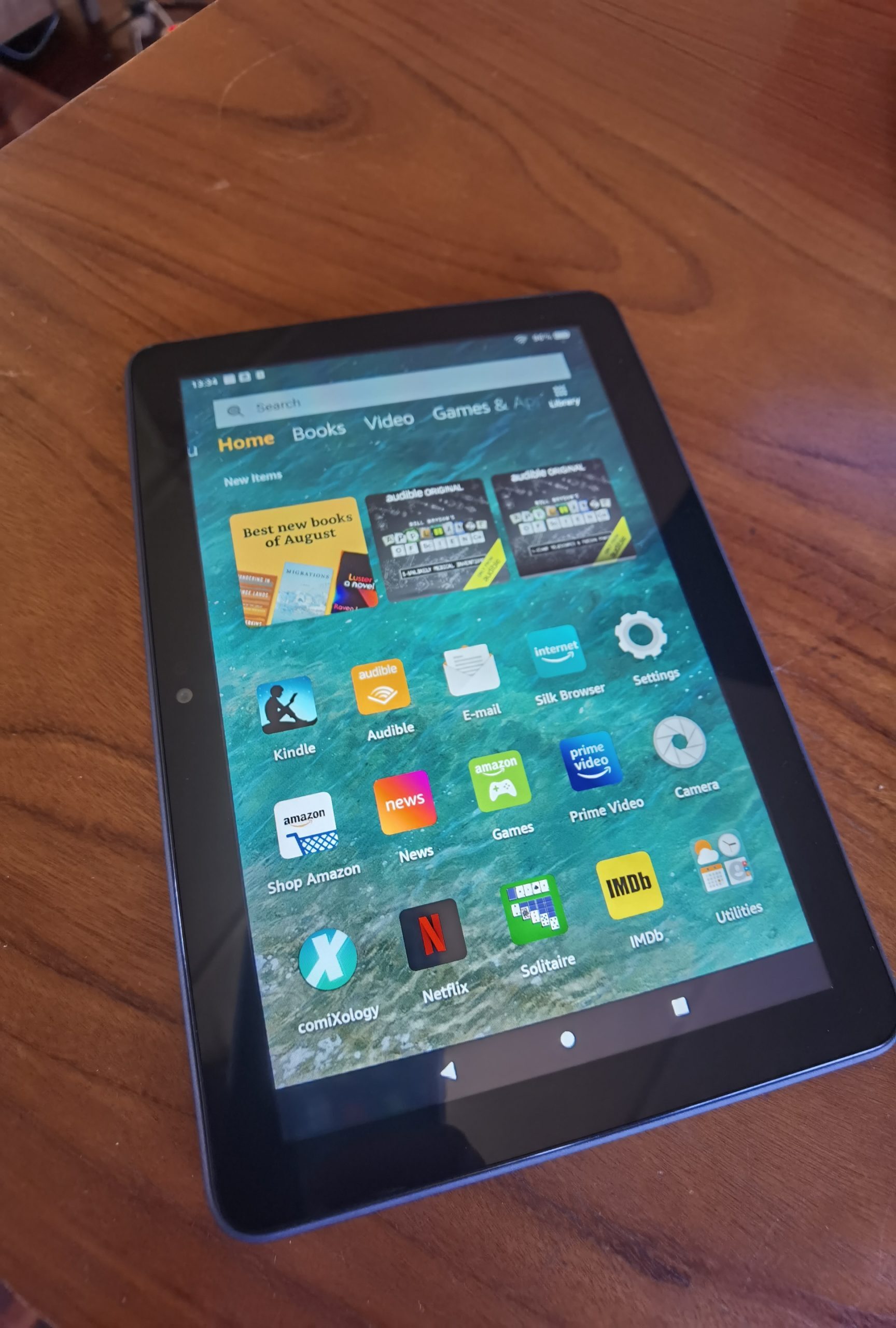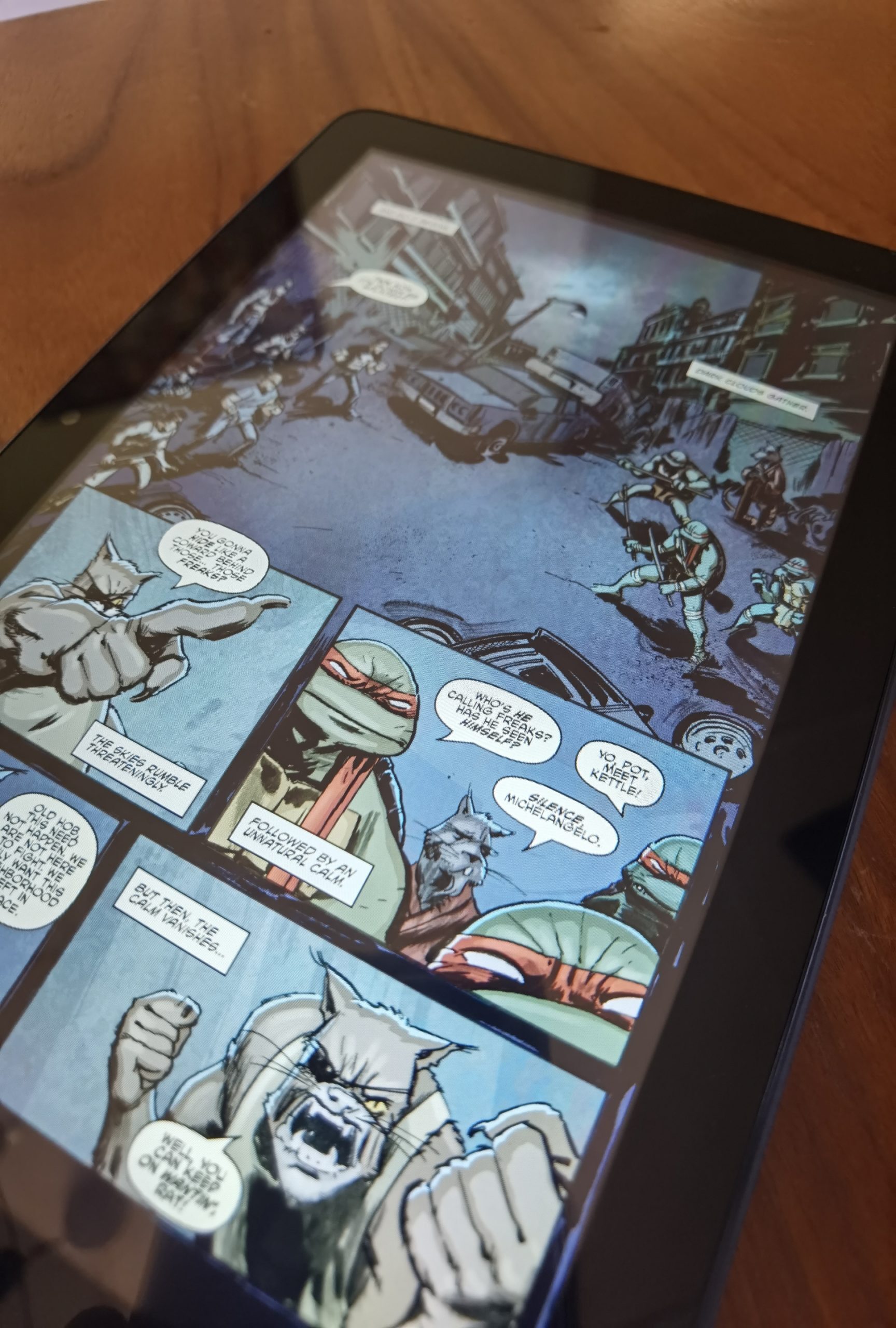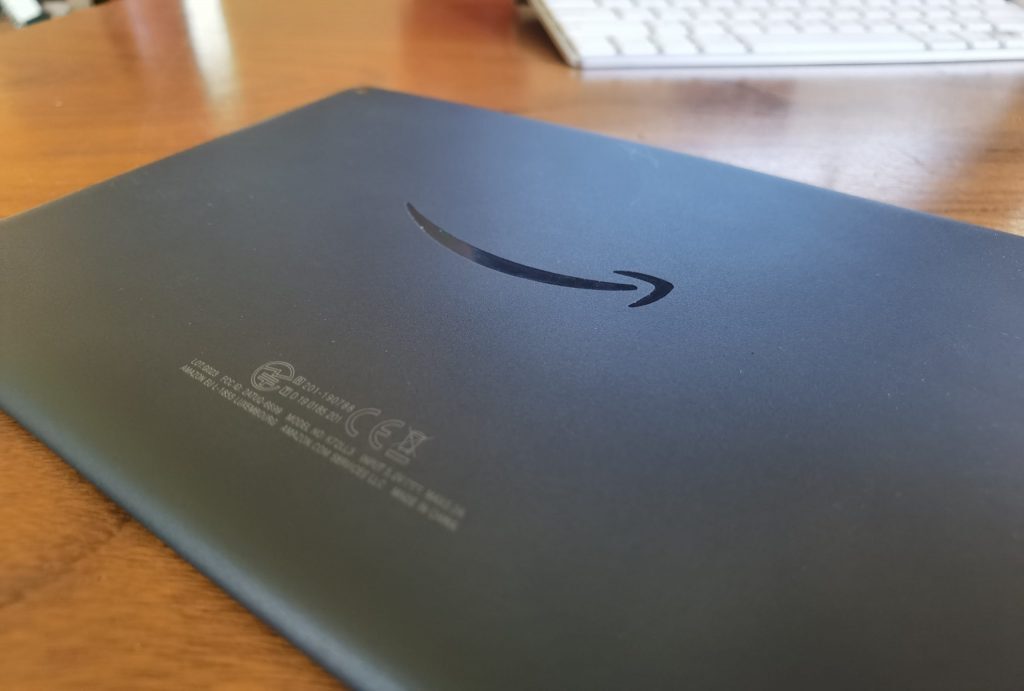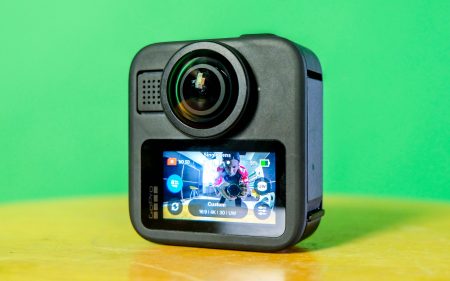A cheap tablet with a great battery that does everything you require yet never goes above and beyond. Yet if you're like me and you don't want to constantly be bombarded by adverts for Amazon products and services while using an Amazon product then you're probably better off looking for a device that may be slightly more expensive but allows for that ever-important versatility you want from a device that's meant to offer a slice of everything rather than several slices of the same thing.
-
Screen
The thing that really makes a tablet stand out from the competition is versatility. Which is ironic when you think about the fact that arguably the best tablet devices on the market are iPads, devices intrinsically linked into Apple’s infrastructure and not much else.
Yet despite that, the range of apps, utilities and entertainment options even an older model of the iPad is able to support has been enough to cement them into the technological landscape. And while the iPad promotes itself as being a device that allows users to accomplish whatever they want with it, Amazon’s Fire HD 8 Plus tablet takes a more… focused approach. That’s putting it kindly, I should add. Amazon might be the biggest online retailer to have ever existed but that notoriety isn’t enough to convince me that owning a tablet built to exclusively exist within that ecosystem is a decent purchase.
Which isn’t to say the Fire HD 8 Plus is a bad device. In fact, I found it to be quite capable during my time with it. The hardware is humble yet effective which, quite frankly, you should realise by how little the Fire HD 8 Plus costs, coming it at R1,908 on Amazon (obviously). Sure, 2GB of RAM and 32GB of internal storage doesn’t sound like a lot compared to plenty of other tablets on the market but given the fact that you’re saving loads of cash by going the Amazon route, the reduced specs are more than justified. Let’s be real, what are you really planning on using a device like this for? Watching content, reading books, listening to music/podcasts/audiobooks (they’re all on offer) and maybe checking in on an idle game every once in a while. Amazon is pitching the Fire HD 8 Pro to users who aren’t likely needing a machine to do the heavy lifting, which is most people if we’re honest.
 So if that’s the case and the Fire HD 8 Plus is so affordable and functional, what’s actually keeping me from recommending it? Well, the problem isn’t the hardware, although I could complain about the screen which just looks to be running at too low a resolution (800×1280) for my tastes. The real criminal at play here is the software included on the device. Since this tablet is an Amazon product it comes with Fire OS, the reskinned version of Android used by Amazon and it leaves a great deal to be desired. Android tablets aren’t especially well regarding at the best of times, so removing most of that variety you can find in the Google Play Store and replacing it with the much smaller Amazon version hurts that reputation even further.
So if that’s the case and the Fire HD 8 Plus is so affordable and functional, what’s actually keeping me from recommending it? Well, the problem isn’t the hardware, although I could complain about the screen which just looks to be running at too low a resolution (800×1280) for my tastes. The real criminal at play here is the software included on the device. Since this tablet is an Amazon product it comes with Fire OS, the reskinned version of Android used by Amazon and it leaves a great deal to be desired. Android tablets aren’t especially well regarding at the best of times, so removing most of that variety you can find in the Google Play Store and replacing it with the much smaller Amazon version hurts that reputation even further.
The Fire HD 8 Pro essentially functions as a way to access all of Amazon’s services, as well as a few welcome extras. Don’t worry, for the price of admission you’ll still get all your video streaming apps like Netflix, Hulu and of course, Amazon Prime Video. YouTube has to be launched via shortcut on the homepage that opens the browser but whatever, I can deal with that. The problem with Fire OS is that it’s often clunky and slow to use, never flowing as smoothly as one would like. It’s also just…messy. I prefer folders dedicated to the apps and services I want to use but the Fire HD 8 Plus goes bigger than that, dedicating entire pages and tabs to everything from Books and Music to “Shop” and a dedicated Audible tab. I get it, they’re Amazon so they can make a statement about their products but that doesn’t make for a system that’s easy to use or pleasant to look at.
The other significant downside to Amazon installing their own OS onto the device is the constant advertising. Amazon punting its own services isn’t exactly all that new as anyone with a Kindle will attest but the Fire HD 8 Plus goes beyond that. Having the screen power onto an ad is off-putting enough yet having Amazon put all of their services on every single tab…it’s just a bit much. Upon first impression, it genuinely appeared that there were more ads on the device than actual apps and…actually, thinking about it that’s probably still true.
 I suppose that’s one of the other payoffs for purchasing such a cheap tablet. If you can look past Amazon constantly shoving its junk into your face the Fire HD 8 Pro is…fine. As I stated above it does everything you’d want from a tablet within the lower price bracket and goes slightly further with a genuinely impressive battery that by our calculations could last for a solid week without a recharge. Bear in mind that time was spent largely reading and listening to books rather than watching copious amounts of Netflix but even then you’re likely to get days of use off a single charge.
I suppose that’s one of the other payoffs for purchasing such a cheap tablet. If you can look past Amazon constantly shoving its junk into your face the Fire HD 8 Pro is…fine. As I stated above it does everything you’d want from a tablet within the lower price bracket and goes slightly further with a genuinely impressive battery that by our calculations could last for a solid week without a recharge. Bear in mind that time was spent largely reading and listening to books rather than watching copious amounts of Netflix but even then you’re likely to get days of use off a single charge.
Which for a lot of people will be enough to sell them on the Fire HD 8 Pro. A cheap tablet with a great battery that does everything you require yet never really excels. If you’re like me and you don’t want to constantly be bombarded by adverts for Amazon products and services while using an Amazon product then you’re probably better off looking for a device that may be slightly more expensive but allows for that ever-important versatility you want from a device that’s meant to offer a slice of everything rather than several slices of the same thing.



